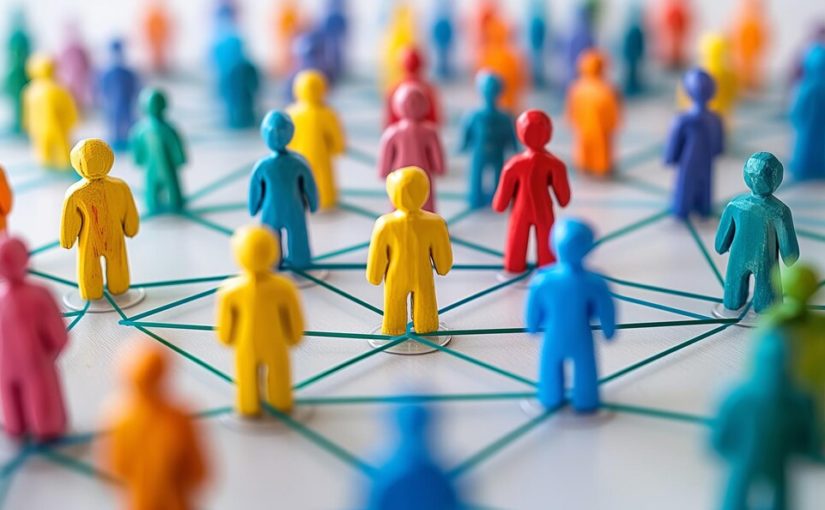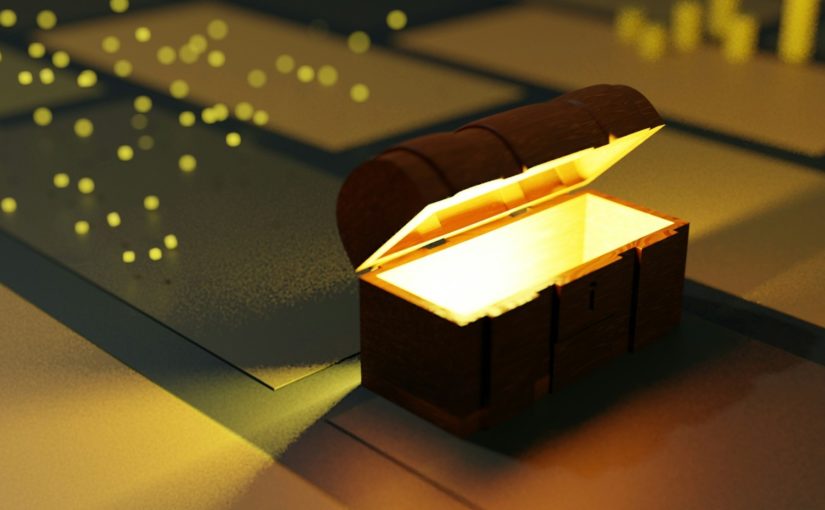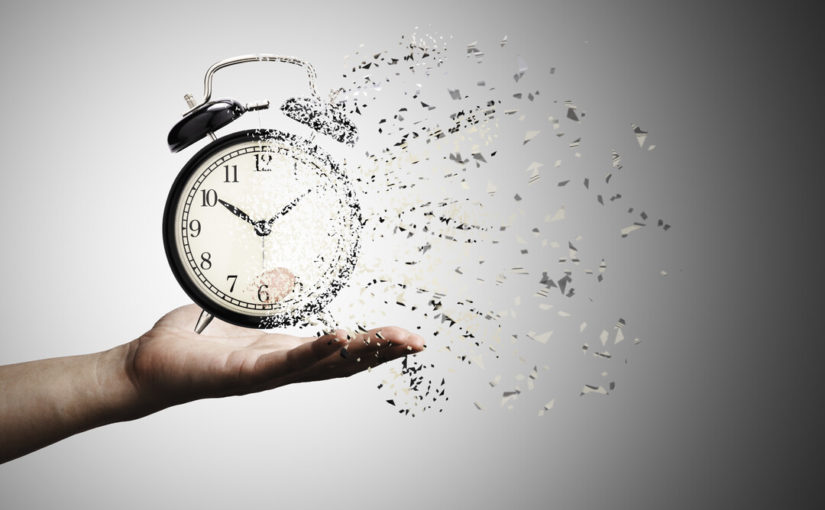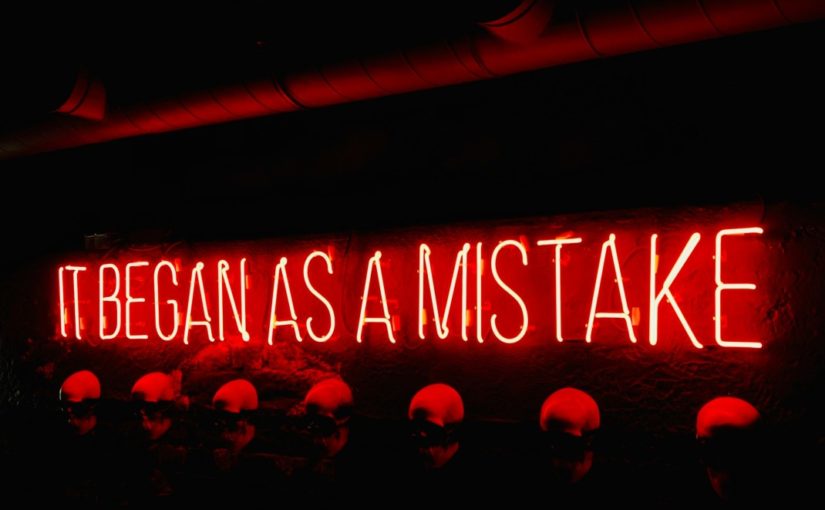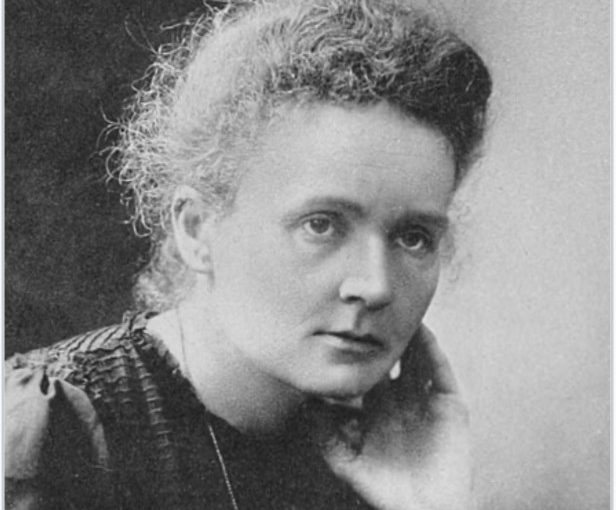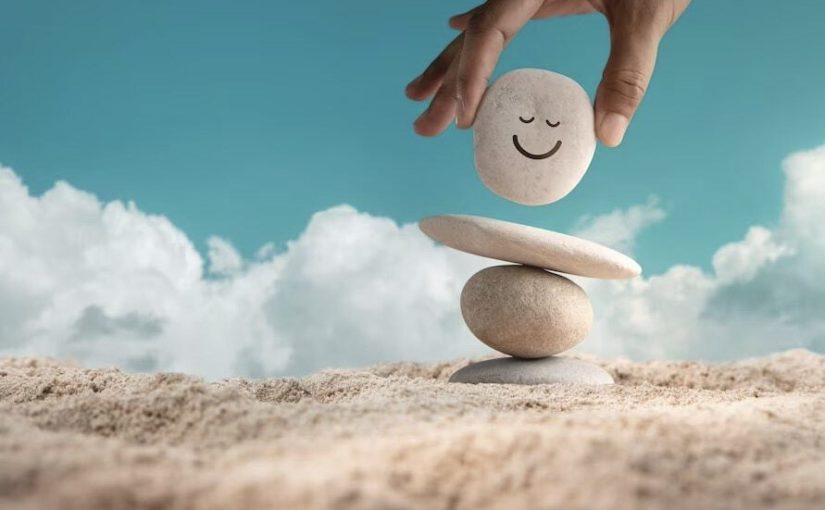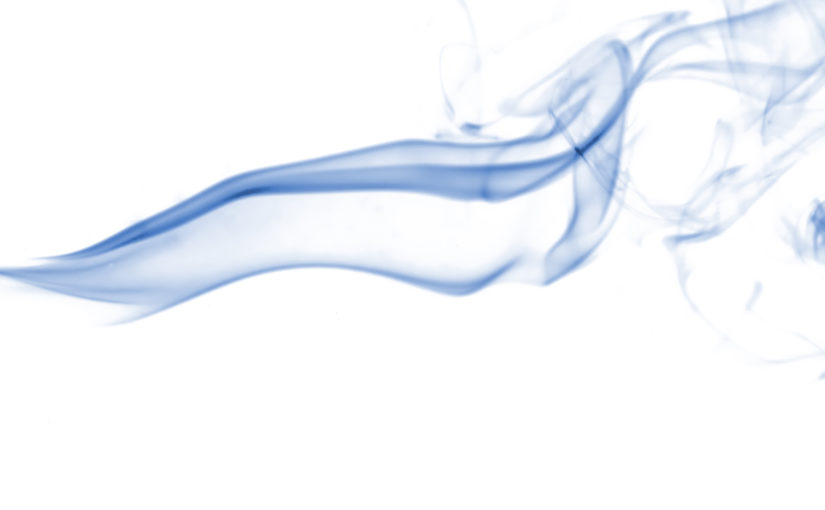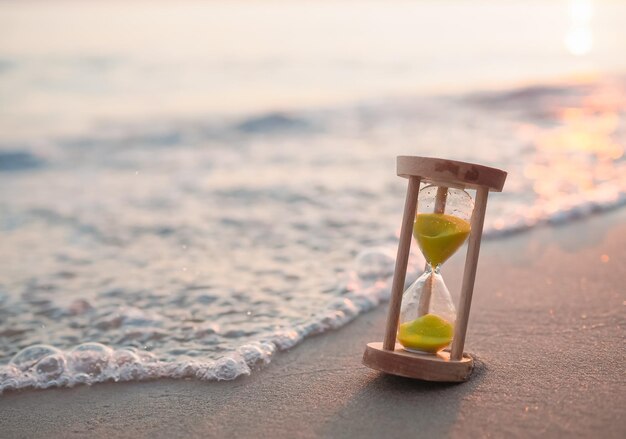The quote for today’s article comes from Seneca: „He who attempts great things is admirable, even if he falls.“
I can only agree with this quote. For several reasons, in my opinion:
- You can learn from every venture, even if the goal you set at the beginning was not achieved
- Your wealth of experience has grown
- If you take the time to reflect, you can overcome the hurdles better next time
- Your decisions become more stable as you can better recognise a possible case
- Your own resilience increases, and you learn to deal with adversity more calmly
- Your own self-confidence and self-awareness increases when you reflect on what has happened
- You learn that stepping out of your comfort zone is enriching
Leaving the comfort zone is not easy at all.
The comfort zone is derived from the Yerkes-Dodson law (after Robert Yerkes and John D. Dodson, 1908) and was taken up by the psychiatrist Judith Bardwick.
The comfort zones consist of four areas.
- In the comfort zone we feel safe and it is controllable
- The next zone is the fear zone. In this zone, we look for excuses, seek counter-arguments or don’t trust ourselves due to low self-confidence.
- Then comes the learning zone. This is where we acquire knowledge, face challenges, change our mindset and tackle problems
- The last stage is the growth zone. Once you reach this zone, you find your purpose, live your dreams, set yourself goals, follow your own opinion/path and you will be even happier. In this zone, you need a growth mindset and usually have an internal locus of control.
Moving out of the comfort zone means courage on one side and more happiness and less fear on the other side.
How are you deciding?

